At 4 AM, after going to bed, the next match was scheduled as the first game, and Karinskaya criticized the unfair arrangement of the event.
The tennis beauty Karinskaya recently posted a statement condemning the devilish scheduling in Cincinnati, arguing that the timing of her match against Swiatek was extremely unreasonable and that the organizers completely disregarded the players' health.
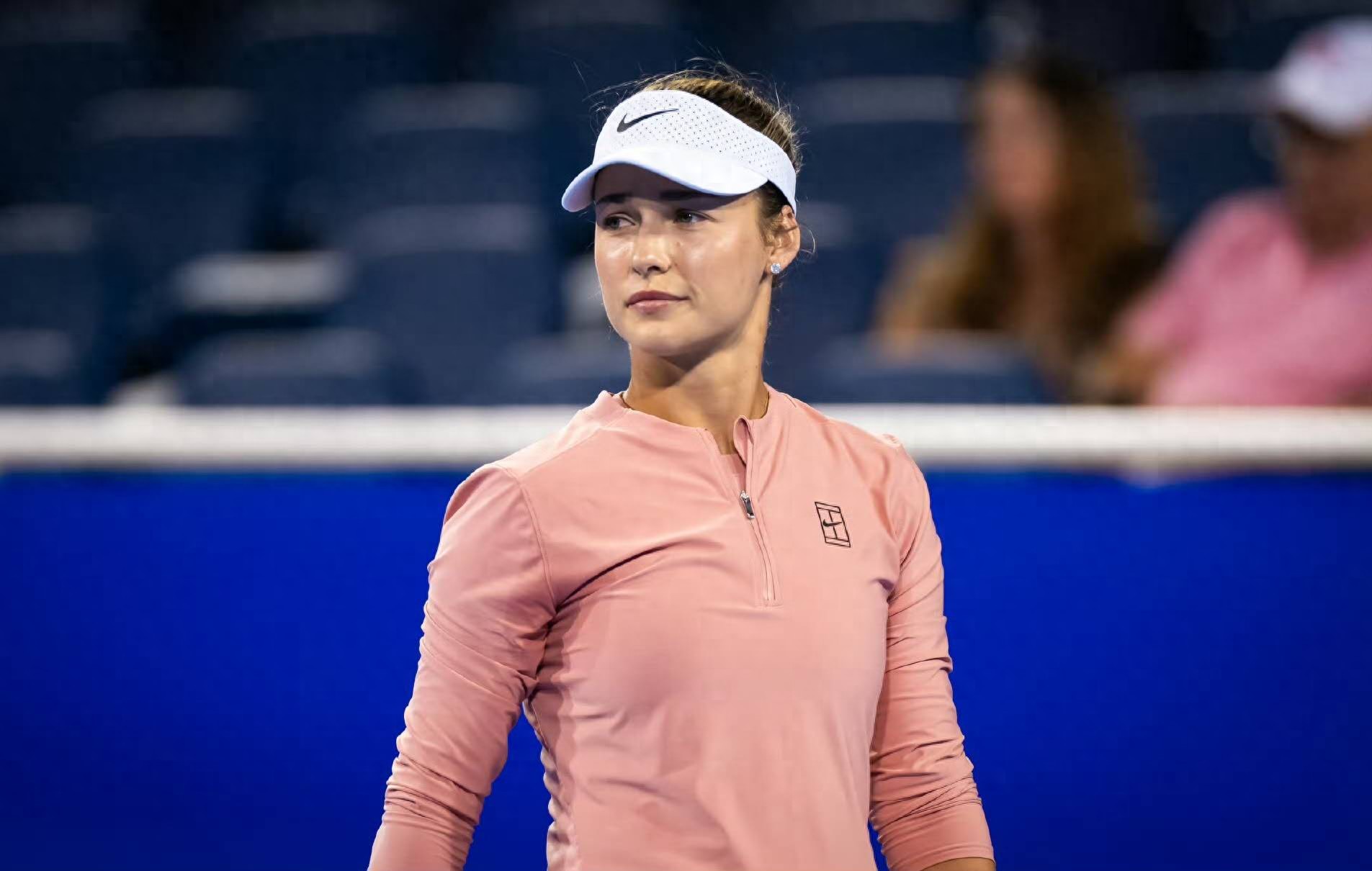
The grueling match against Alexandrova, which was interrupted multiple times by rain, ended past midnight. When the Russian girl returned to her hotel room, it was already 2:40 AM local time, and by the time Karinskaya was ready for bed, it was 4 AM. After only a few hours of sleep, Karinskaya appeared on the training court for recovery training at 9 AM the next day. However, she was shocked to learn that the tournament committee announced her quarterfinal match against the current world No. 3 Swiatek was scheduled to start at 11 AM the following day.
This arrangement sparked strong dissatisfaction from the Russian beauty, as it meant that from the end of her last match to stepping onto the court for the quarterfinals, she would have only 30 hours for recovery, which included necessary elements like travel, treatment, sleep, and warm-up.
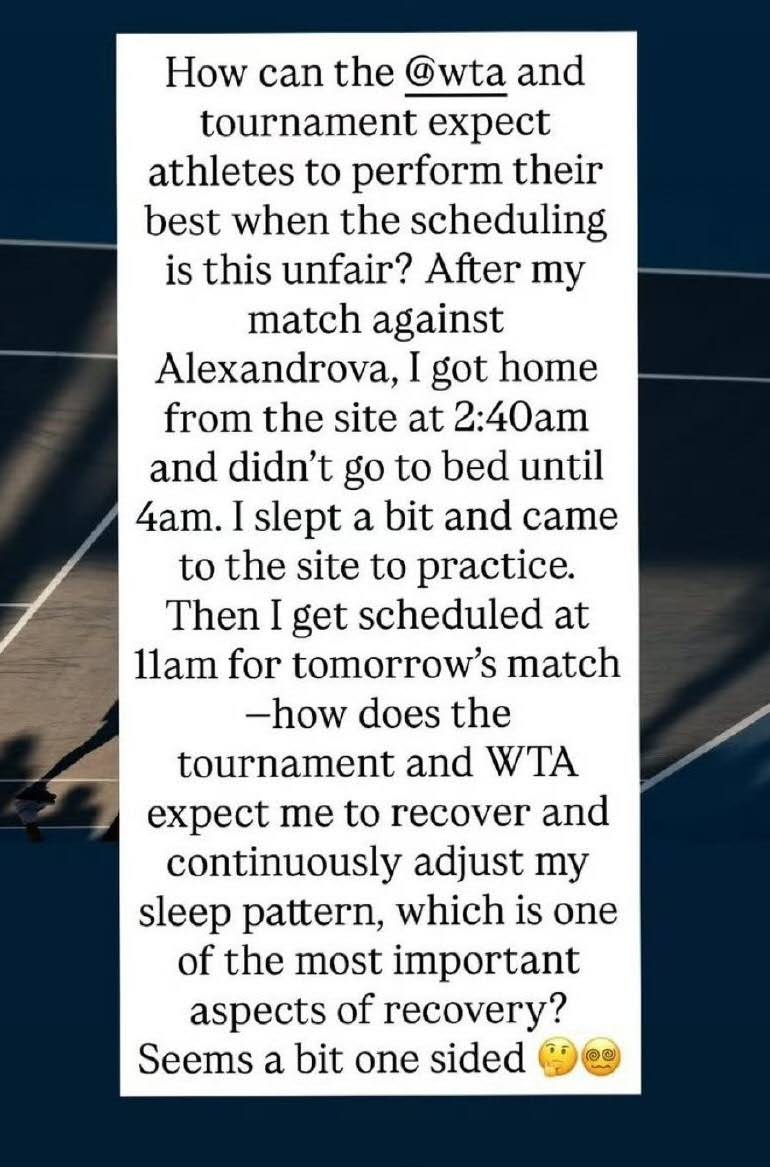
“To sleep at 4 AM and then face the world No. 3 just a day later at noon? This completely undermines the principle of fair competition!” Karinskaya wrote in a statement posted on her personal social media, filled with exhaustion and anger over the unreasonable scheduling.
She emphasized, “My body and mind simply do not have enough time to recover from the previous three-set battle. The organizers' indifference to player health is shocking, and this arrangement puts athletes at unnecessary risk.”
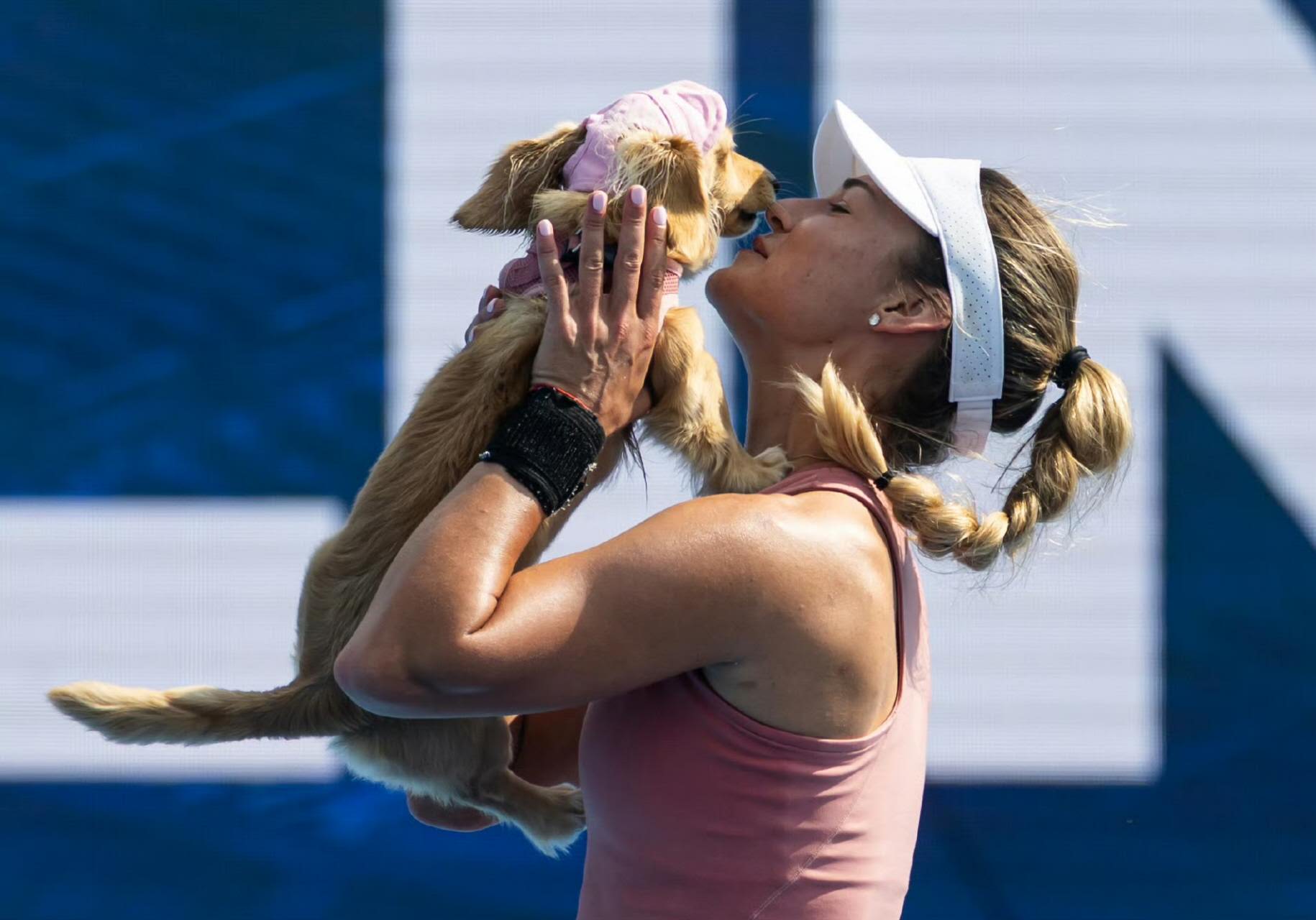
In response, former world No. 1 Clijsters quickly posted in support of the Russian beauty, admitting, “Grand Slam events must pay more attention to athlete health. Scheduling the earliest matches the day after games that go into the early hours is unreasonable!” Her statement received praise from several players, including Azarenka.
Tennis media outlet Tennis World pointed out the key contradiction: “The organizers clearly prioritized television broadcasting demands over player welfare. Karinskaya's opponent Swiatek, on the other hand, received a full 48 hours to rest, exposing structural issues in the scheduling.”
Sports physiologist Dr. Davis analyzed, “Professional players need at least 48-72 hours to recover after high-intensity matches. Competing in a state of sleep deprivation not only affects performance but also significantly increases the risk of muscle strain.”
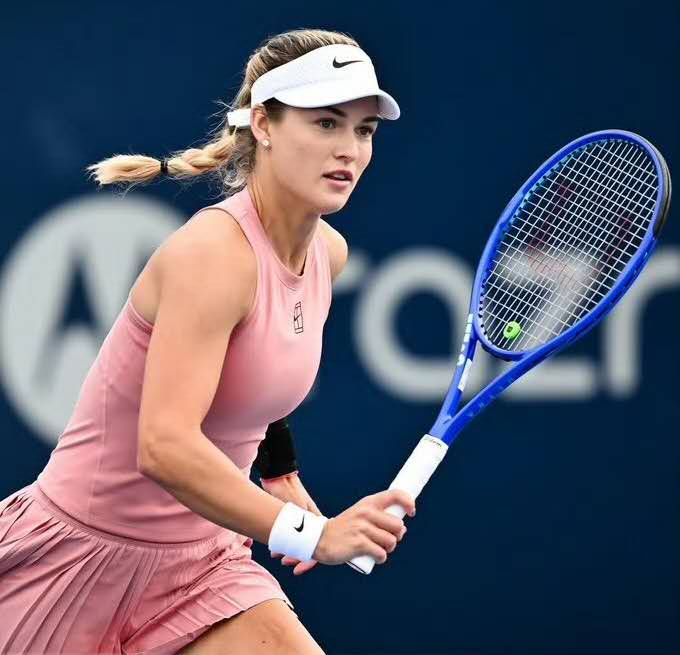
The public's attitude is also polarized; some commenters noted, “The committee is too cold-blooded! Early morning matches after late-night games—are they treating players like robots? Support Karinskaya for bravely speaking out!” However, others expressed, “Isn't this too dramatic? In the past, when 1000 events only lasted a week, players often had to compete the day after three-set battles; top players should possess the quality to handle unexpected situations.”
In light of this situation, the tournament director for the Cincinnati Open responded, “All match schedules are evaluated by a professional team. We understand players' concerns, but ensuring the smooth running of the event is equally important.” The WTA also stated that an internal evaluation process has been initiated.
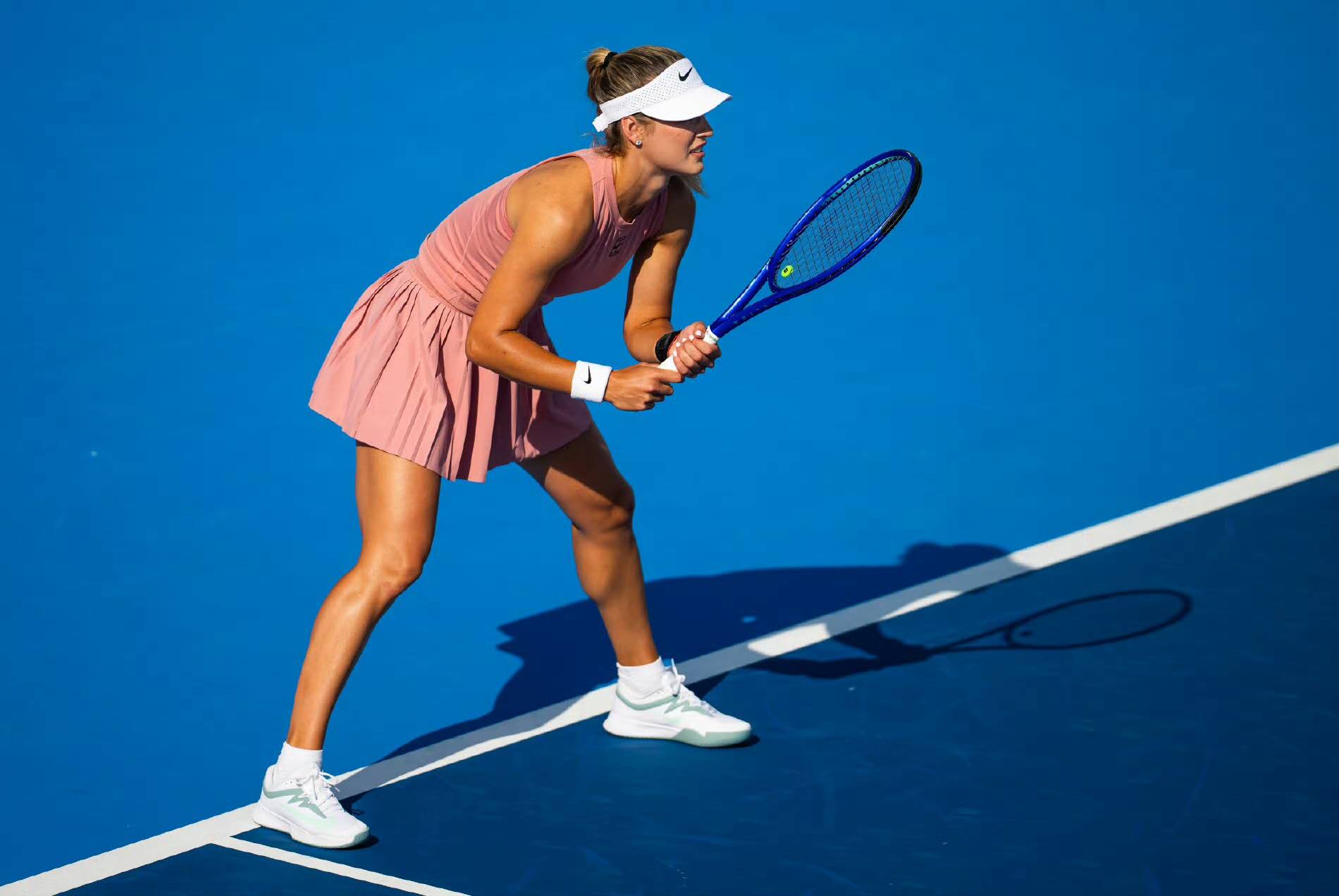
This sudden controversy has cast a shadow over Karinskaya's journey to challenge the former champion. This debate calling for scheduling fairness has forced the entire tennis community to reassess the hidden dangers posed by a packed schedule for players.(Source: Tennis Home, Author: Lu Xiaotian)







 Links
Links
 Contact
Contact
 App
App


